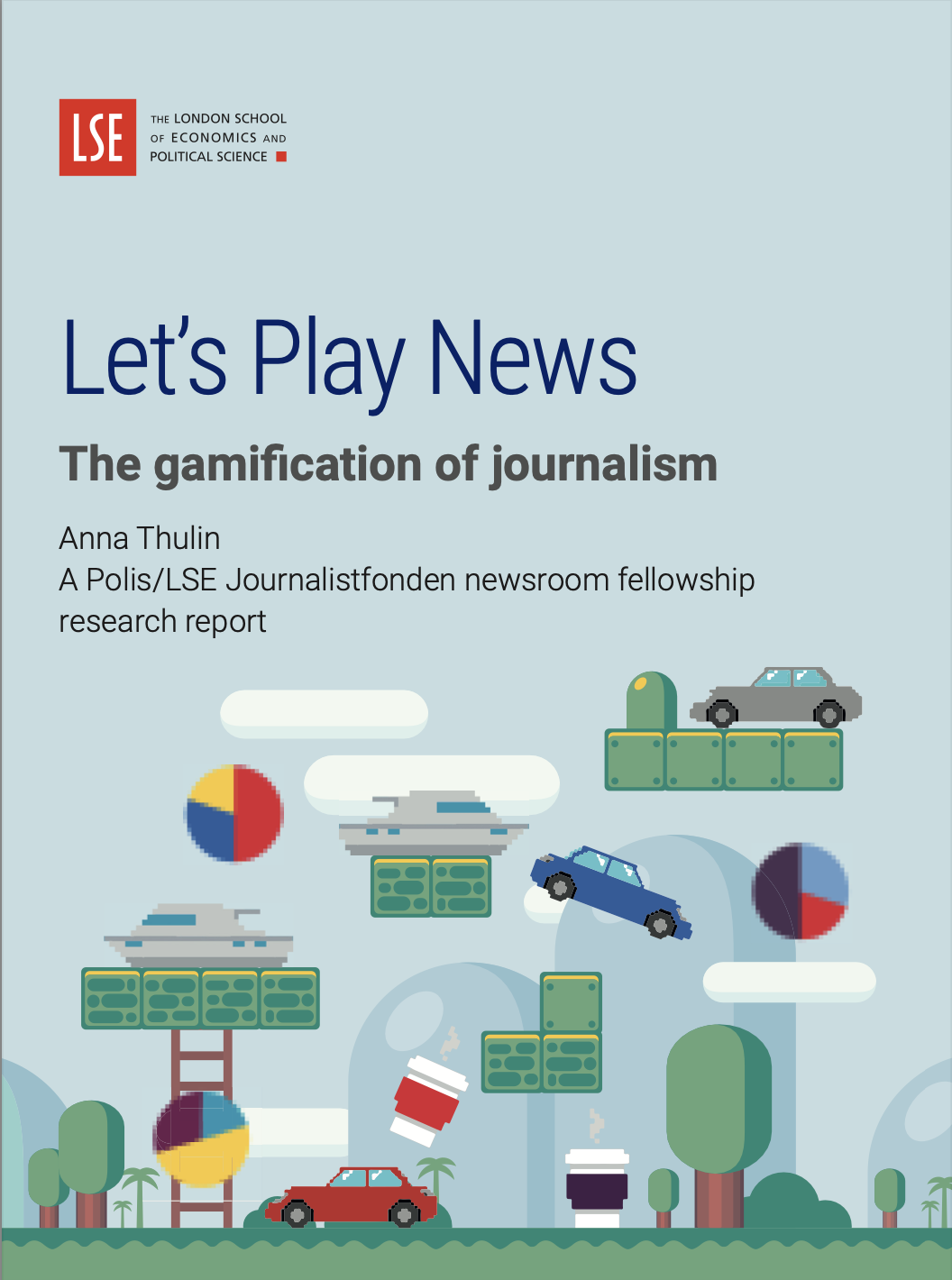Should you shut-down a website that worships a murderer? How can companies protect the freedom of expression and privacy of their users in a global technological landscape where they are increasingly confronted with various government interventions and legislation that may conflict with these consumer rights?
This is a question that Susan Morgan confronts daily in her work as Executive Director of The Global Network Initiative (GNI). Morgan outlined this issue, and the strategies GNI employs to help companies confront it, in her lecture “Media is for Free Speech,” part of the Polis Media Dialogues series.
Stuck in the Middle Again: Report by Elizabeth Lowell
As Information & Communications Technology companies continue to expand their international presence and capitalize on the global spreading of technological innovation, they are increasingly confronted with governmental pressures to comply with regional legislation that may conflict with user rights to freedom of expression and privacy.
It is this conflict of loyalties that Morgan and GNI attempt to help companies reconcile. Morgan cited recent events that highlighted the issues of government intervention in the ICT sector such as David Cameron’s insistence on the removal of a Facebook page supporting murderer Roal Moat and the debate surrounding access to harrowing video content like the YouTube film of Neda Agha Soltan’s death during the 2009 election protests in Iran.
Time, Understanding, and Balance
Morgan explained much of the issue lies in a lack of understanding and compatible timelines between ICT companies and governments. Technological innovation is moving at a rapid pace that government legislation and policy cannot keep up with.
On the reverse side, ICT companies constantly have to navigate emerging laws that are increasingly complex and, in certain cases, sophisticated in the exertion of censorship.
Morgan also noted the difficulty in addressing complex emerging issues with no clear precedent, such as balancing the standards of freedom of expression and privacy with efforts for the protection of national security or reconciling the matter of child protection from disturbing content with maintenance of a free flow of information. Companies increasingly need assistance confronting these issues and through her work at GNI Morgan aims to give them a consistent framework to refer to.
What Can Be Done?
Morgan outlined GNI’s proposals for dealing with these complex dilemmas through a focus on understanding, accountability, and shared learning. She emphasized the need for collective action between ICT companies to build consumer trust and advocate for the creation of global principals and guidelines to regulate these issues.
She also highlighted the shared responsibilities necessary for a functional system; a global government responsibility to ensure the protection of its citizens’ human rights, an ICT company responsibility to protect the privacy and freedom of expression of its users, and finally a responsibility of the users to be knowledgeable about the systems they use.
The Missing Link
One issue that came up multiple times during the question and answer session, and has been a focus in previous Polis Dialogues as well, was the issue of inconsistent international legislation. Morgan cited internationally recognized standards such as the Universal Declaration of Human Rights as the principals to which GNI holds governments accountable.
But how do they suggest companies confront less clear cut legislations that may infringe on their conceptions of users’ rights to free expression and privacy? How are companies to respond when the laws of a region within which they operate conflict with their own moral conscience?
Morgan emphasized that GNI absolutely recognizes that companies need to comply with the laws of the countries that grant them licenses to operate. Her response to the question was that GNI advocates the exploration of alternative legal forms of pushback. However, she acknowledged that there is an imminent need for more research into these alternatives and there is clearly a need for the definition of more concrete practices available to companies facing these conflicts of obligations. Hopefully Morgan and her work at GNI will prove to be viable sources to uncover and implement these practices.
Report by Elizabeth Lowell



